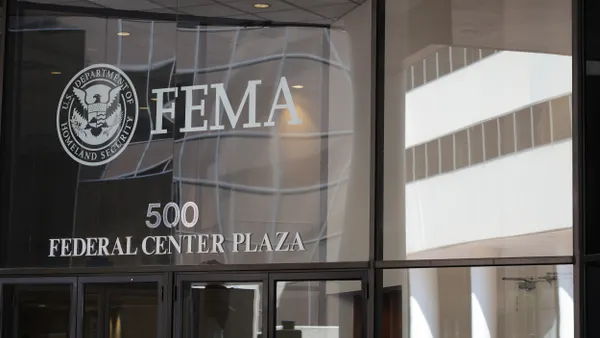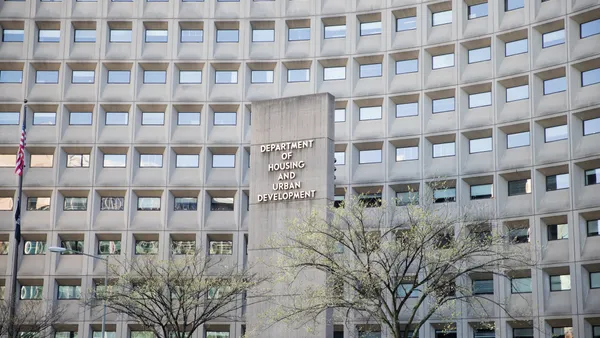Dive Brief:
- Rep. Diana DeGette, D-CO, said smart city initiatives are "doomed from the start" without broadband investments during a keynote address at the Colorado Smart Cities Symposium on Tuesday, and urged any efforts to boost infrastructure spending to include expanded broadband access.
- "We will never live in the city of tomorrow if we continue to rely on the technology and infrastructure of yesterday," she said, pointing out that an estimated 20% of Denver residents lack access to high-speed internet. It is a similar story in many other U.S. cities.
- DeGette, along with the 30 other Democrats on the U.S. House Energy and Commerce Committee, has co-sponsored a bill that would provide $40 billion to bring broadband to 98% of the country and $5 billion for secured loans, credit and loan guarantees that would finance more broadband infrastructure.
Dive Insight:
Many in the federal government have made broadband a key focus of their infrastructure proposals, with an emphasis on connecting rural areas. According to the Federal Communications Commission (FCC), 21.3 million Americans lack fixed broadband at speeds of at least 25 Mbps/3 Mbps, numbers that some critics say are not reflective enough of the digital divide.
The Trump administration has proposed a multi-agency American Broadband Initiative strategy to expand broadband access, including $600 million in grants from the U.S. Department of Agriculture. It's even become a talking point on the presidential campaign trail, with Democratic candidates Elizabeth Warren, Joe Biden and Kirsten Gillibrand each proposing rural broadband plans.
DeGette, who represents parts of Denver, used her speech as a reminder that cities face their own digital divides, even while telecoms bring in 5G coverage. In Detroit, nearly 57% of residents lack broadband access; the number is 49% in Memphis, TN. "If we're going to be serious about making cities smarter, we also have to get serious about building the infrastructure needed to support new technology and make sure it is available to every single resident," she said.
Many cities have tackled the digital divide not just through infrastructure, but through training and education, especially in schools. Denver, for example, has a MyTech program to provide technology to underprivileged students, and the city offers computer training through living labs and library programs.
The LIFT America Act (Leading Infrastructure For Tomorrow's America Act) is a wide-ranging infrastructure proposal, including clean energy and health spending. The committee held a hearing on the bill this spring but has not brought it up for a vote, although Democrats have said an infrastructure plan is a priority.
Pointing to the proposed $40 billion to create a "secure and resilient" broadband network, DeGette said such spending is necessary to keep smart cities on the cutting edge. "That may seem costly to some," she said, "but consider...what the future looks like as a country if we don't do it."










